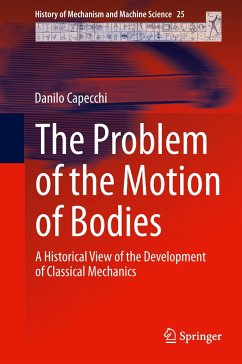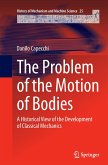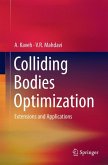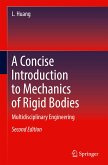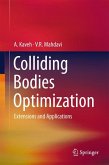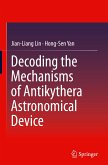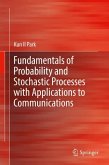This book focuses on the way in which the problem of the motion of bodies has been viewed and approached over the course of human history. It is not another traditional history of mechanics but rather aims to enable the reader to fully understand the deeper ideas that inspired men, first in attempting to understand the mechanisms of motion and then in formulating theories with predictive as well as explanatory value. Given this objective, certain parts of the history of mechanics are neglected, such as fluid mechanics, statics and astronomy after Newton. On the other hand, due attention is paid, for example, to the history of thermodynamics, which has its own particular point of view on motion. Inspired in part by historical epistemology, the book examines the various views and theories of a given historical period (synchronic analysis) and then makes comparisons between different periods (diachronic analysis). In each period, one or two of the most meaningful contributions are selected for particular attention, instead of presenting a long inventory of scientific achievements.
"This is a very interesting volume for all scholars of mechanics interested in the roots of the basic question of their discipline ... . the book is surely a very powerful tool for anyone interested in the basics of mechanics when seeking answers to questions on the subject." (Giuseppe Claudio Rata, Mathematical Reviews, March, 2017)
"This work, part of the 'History of Mechanism and Machine Science' series, looks at the development of the physics of motion through six periods: classical-Hellenistic, Middle Ages, early Renaissance, the age of Galileo and Descartes, Newton's (golden) age, and the 18th century. ... a very interesting and illuminating read. Summing Up: Highly recommended. Upper-division undergraduates, graduate students and researchers/faculty." (E. Kincanon, Choice, Vol. 52 (6), February, 2015)
"This work, part of the 'History of Mechanism and Machine Science' series, looks at the development of the physics of motion through six periods: classical-Hellenistic, Middle Ages, early Renaissance, the age of Galileo and Descartes, Newton's (golden) age, and the 18th century. ... a very interesting and illuminating read. Summing Up: Highly recommended. Upper-division undergraduates, graduate students and researchers/faculty." (E. Kincanon, Choice, Vol. 52 (6), February, 2015)

